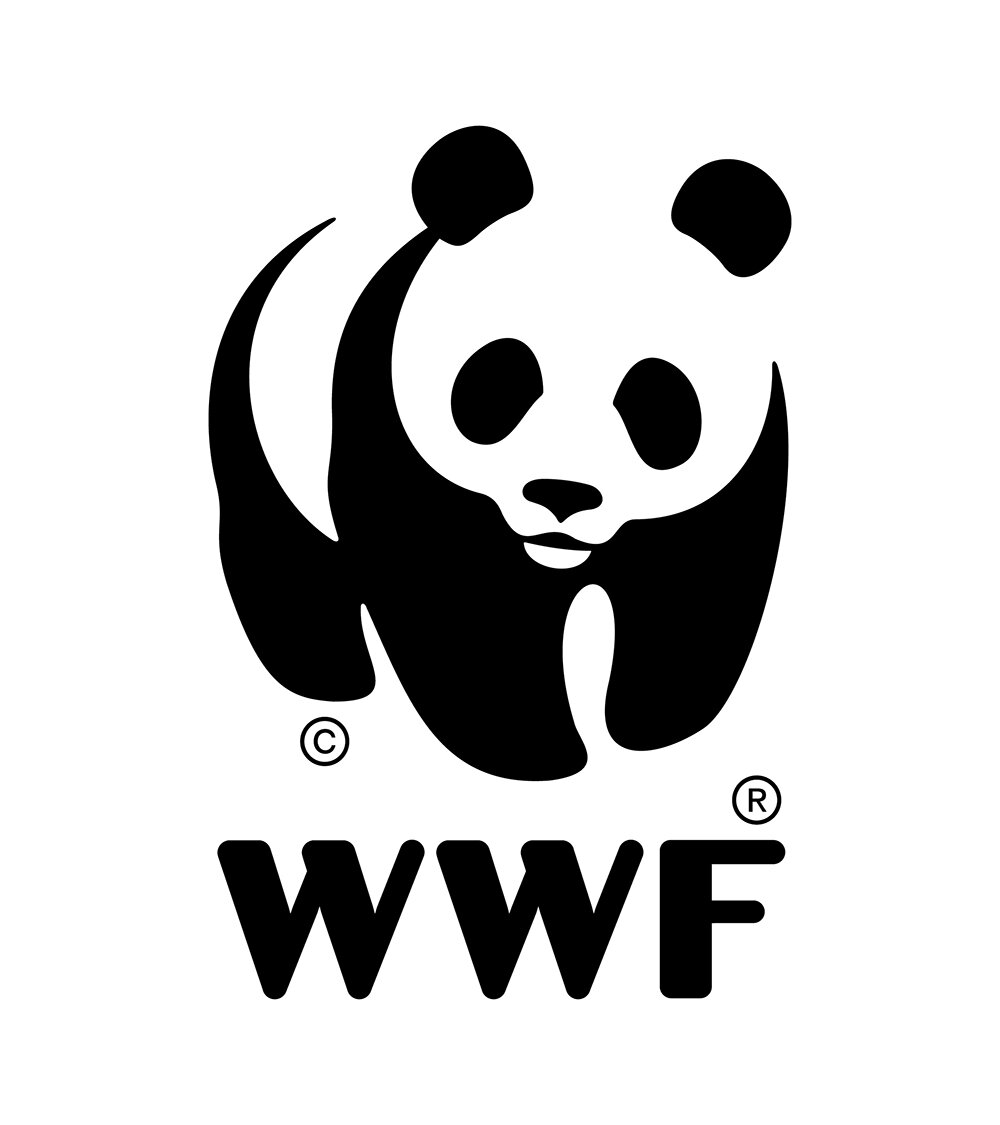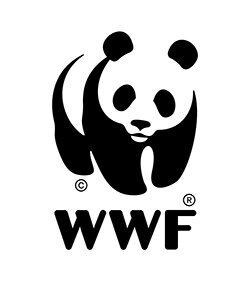Countries fail to deliver greater protection for the Antarctic despite threats of record low sea ice and bird flu
© UCSC-WWF-Chris Johnson -PermitUnderNOAA
Governments responsible for conserving Antarctic marine life have failed to deliver increased protection at a meeting in Hobart, despite the threats of record low sea ice and the first cases of bird flu reaching Antarctica.
The 42nd meeting of the Commission for the Conservation of Antarctic Marine Living Resources (CCAMLR) wrapped up with a decision to push to 2024 proposals to establish marine protected areas (MPAs) in the Antarctic Peninsula, Weddell Sea and East Antarctica, prolonging deadlocked discussions that started in 2010.
The meeting was held following the mass deaths of emperor penguin chicks caused by record low sea ice and as news broke that a highly infectious variant of avian flu has reached Antarctica for the first time.
Yet the 26 nations plus the European Union (EU) that makeup CCAMLR failed to deliver concrete actions with the urgency required, instead agreeing to make progress toward establishing MPAs at next year’s meeting.
“Implementing a network of marine protected areas around Antarctica is a globally significant opportunity for the planet. It will help protect the key feeding areas for a range of whales in the southern hemisphere and strengthen their whale superhighways,” says Chris Johnson, Global Lead for WWF’s Protecting Whales & Dolphins Initiative. “Sea ice decline this year is impacting Antarctic krill, which has flow-on effects on a range of krill predators such as whales, seals, seabirds and fish. We cannot afford to wait any longer to prioritize conservation actions that will have a tremendous impact on nature and people.”
“It’s frustrating that discussions for MPAs have been ongoing for more than a decade and utterly disappointing that CCAMLR has been unable to make significant progress again, particularly following a year of unprecedented and concerning change for Antarctica,” says Emily Grilly, WWF Antarctic Conservation Manager. “The record low levels of sea ice and catastrophic breeding failure of emperor penguins should have been an alarm bell for countries to come together, prioritize conservation, and honour their commitment to establishing MPAs with significant no-fishing areas.”
The changing climate, coupled with industrial krill fishing, has had negative impacts on wildlife and the marine ecosystem. WWF called on decision-makers to heed these warnings, but the response remained dictated by short-term national benefit rather than the long-term stability of Antarctica and its dependent wildlife.
“We call on all nations to put their differences aside and work together to protect this vulnerable region,” added Grilly. “With the speed of change in Antarctica accelerating, continued inaction is indefensible. It could lead to devastating outcomes for Antarctic wildlife.”
Grilly said the news of the Highly Pathogenic Avian Influenza (HPAI) reaching Bird Island was another reminder of the global connectivity of our ecosystems.
“This is an added pressure the region certainly doesn’t need right now. CCAMLR needs to help reduce pressure on Antarctic ecosystems by establishing high-level protection measures like no-take MPAs,” Grilly says. “The development and implementation of regulations and protocols to reduce and manage risks, including procedures for surveillance, prevention and response to the introduction and spread of HPAI, are critical.”
Despite the lack of urgency at this year’s meeting, Grilly said there were some positive signs going into 2024.
“We welcome the agreement by all CCAMLR members this year to make progress toward establishing the Antarctic Peninsula MPA, as well as strengthening krill fishing regulations, in 2024,” Grilly says. “It’s clear that 2024 will be a critical year for CCAMLR to play its part and align with global commitments to protect 30% of our oceans by 2030. CCAMLR nations demonstrated their ability to put their differences aside and prioritize conservation in 2016 when it established the Ross Sea region MPA, which, at the time, became the world’s largest marine sanctuary. We hope countries can show this type of leadership again at next year’s meeting.”
Note to editors
For further information, please contact news@wwfint.org
The Commission for the Conservation of Antarctic Marine Living Resources (CCAMLR) was established by an international convention in 1982 with the objective of conserving Antarctic marine life. CCAMLR is a consensus-based organization consisting of 27 members, including the EU and eight of its member states. CCAMLR’s mandate includes fisheries management based on an ecosystem approach, the protection of Antarctic nature and the creation of marine protected areas.
In 2009, CCAMLR member countries began to undertake their responsibilities to establish a network of MPAs throughout the Southern Ocean and established the first high-seas MPA on the southern shelf of the South Orkney Islands. In 2016, the world’s largest MPA was agreed in the Ross Sea (2.09 million km2).
Currently, there are three proposals for the creation of new MPAs in the Southern Ocean: East Antarctica (0.95 million km2), the Weddell Sea (2.18 million km2), and the Antarctic Peninsula (0.65 million km2).
The protection of these three large areas would safeguard nearly 4 million km2 of Antarctica’s ocean. That is roughly the size of the EU and represents 1% of the global ocean. Together this would secure the largest act of ocean protection in history.
For additional information visit: https://www.ccamlr.org/en/organisation/about-ccamlr


